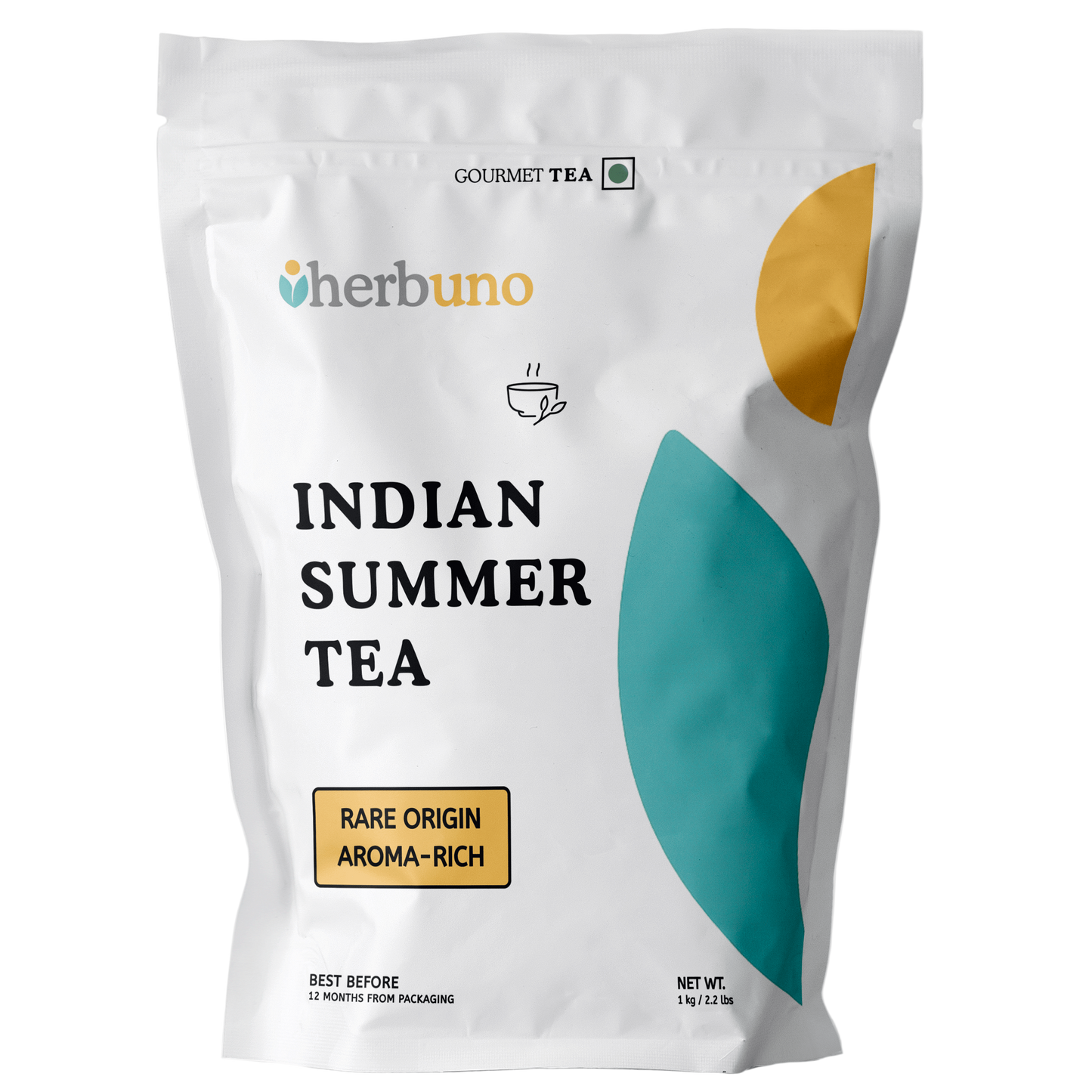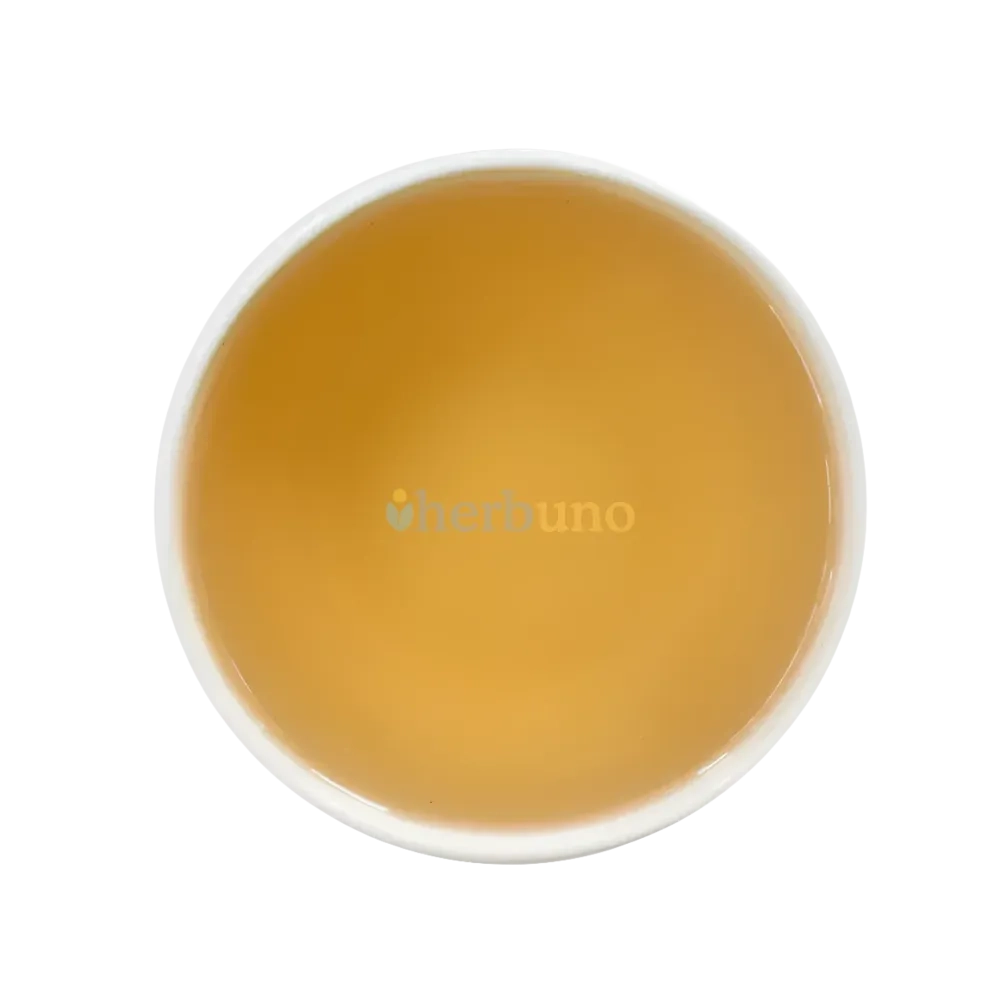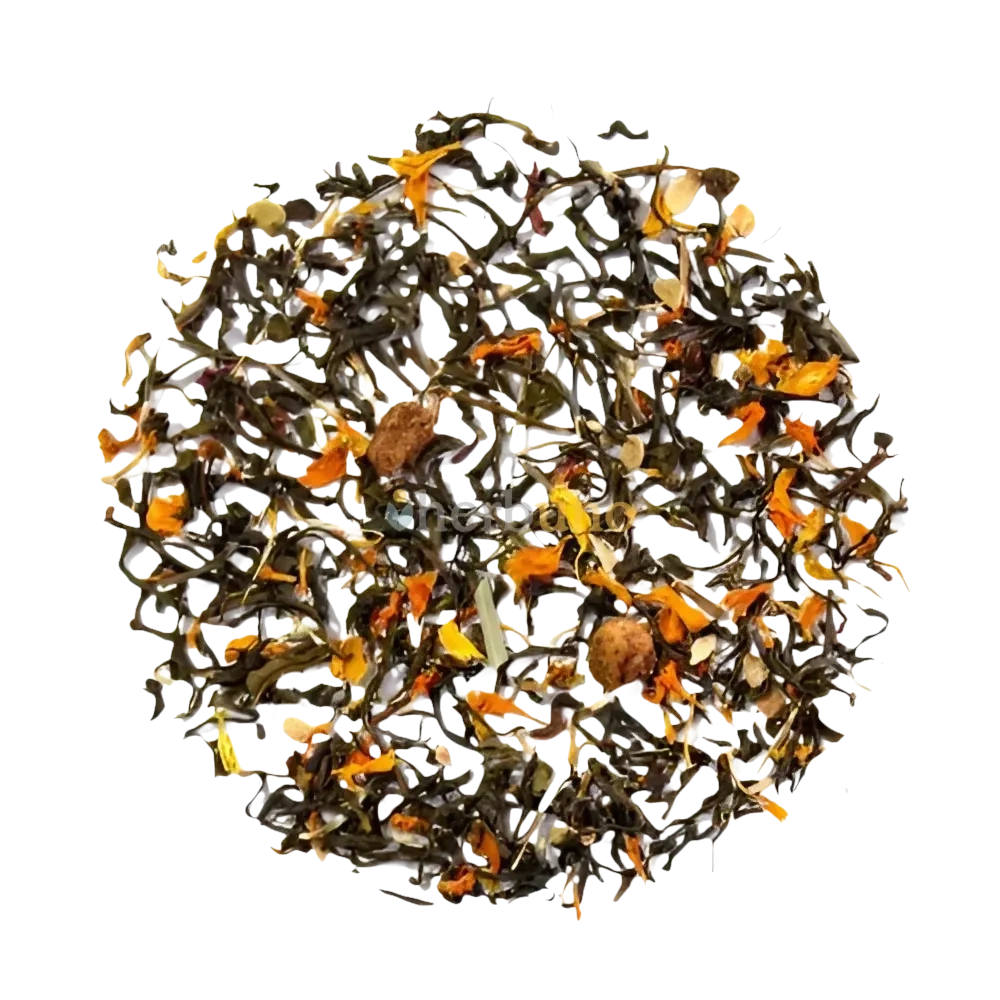Received my order of Korean Red Ginseng in good order. Canada was in a postal strike which complicated delivery. But Herbuno/Guasyn Global LLP followed up with me to confirm when it was delivered. Great to do business with them.
👍
I love the quality will come back for more
Highly recommended for anyone looking to restore glow, hydration, and balance to their skin!
Great experience purchasing mango powder. It is good and shipping was quick in today's environment.






